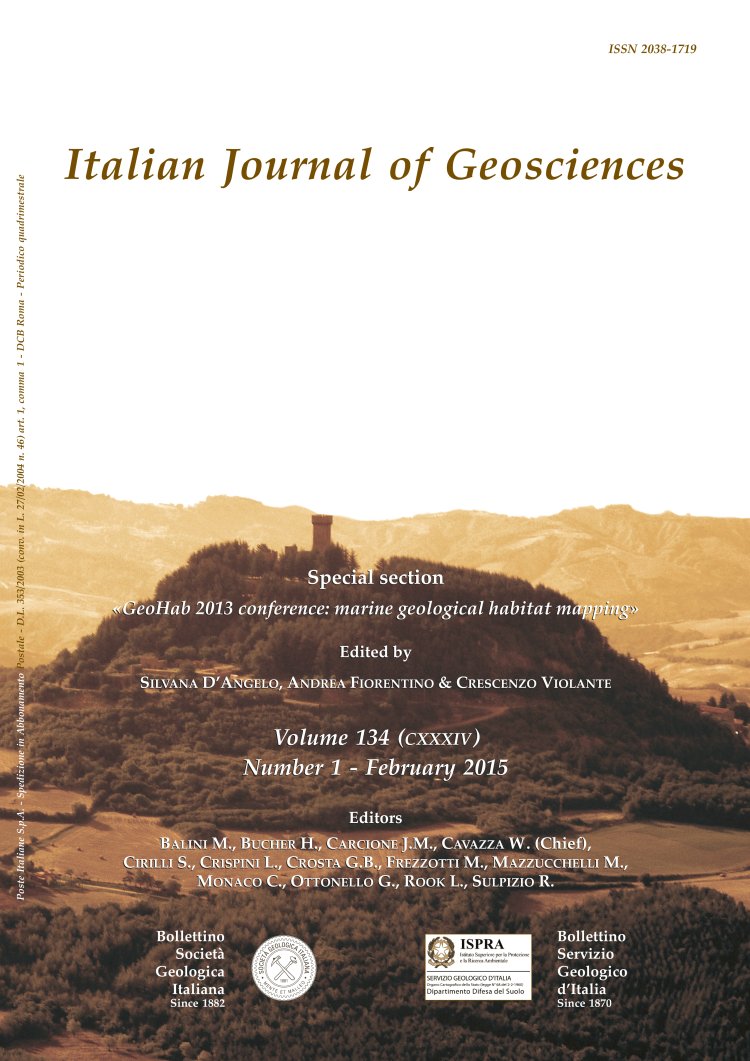
The genus Iberomys (CHALINE, 1972) (Rodentia, Arvicolinae, Mammalia) in the Pleistocene of Italy
Juan Manuel López-García (*), Claudio Berto, Elisa Luzi, Chiara Dalla Valle, Sandra Bañuls-Cardona & Benedetto Sala
(*) Sezione di Scienze Preistoriche e Antropologiche, Dipartimento di Studi Umanistici, Università degli Studi di Ferrara, C.so Ercole I d'Este, 32 - 44100 Ferrara, Italy; Corresponding Author e-mails: lpzjmn@unife.it; claudio.berto@unife.it; eliestel@hotmail.it; dallavallechiara86@gmail.com; sandra.banulscardona@unife.it; benedetto.sala@unife.it
Volume: 134 (2015) f.1
Pages: 162-169
Abstract
The occurrence of the genus Iberomys is testified in Italy and the Iberian Peninsula from the Early Pleistocene on. The genus comprises two extinct voles: I. huescarensis from the Early Pleistocene to the early Middle Pleistocene and I. brecciensis (=mediterraneus) from the Middle to the early Late Pleistocene. I. cabrerae, has been present in Spain from the early Late Pleistocene, enduring right through to today. The fossil record of Iberomys in Italy is poor in comparison with those in the Iberian Peninsula and southern France. I. huescarensis has been identified in Italy at the Rifreddo and Spessa sites, while I. brecciensis has been recognized at Zoppega 2, Montagnola Senese II, Isernia, Valdemino, Polledrara di Cecanibbio and Paglicci. A revision of the specimens of the genus Iberomys in Italy and a comparison with the fossil records of southern France and the Iberian Peninsula show that the origin of the Early Pleistocene species (I. huescarensis) is clearly in the Iberian Peninsula, where the species having evolved from ancient populations of Allophaiomys nutiensis. The origin of the species I. brecciensis is still unknown. It seems to appear at the same time in Italy and in the Iberian Peninsula, and its extinction occurred during the late Middle Pleistocene-early Late Pleistocene in Italy, France and Iberia simultaneously.
Keywords
Iberomys huescarensis, Iberomys brecciensis, Early Pleistocene, Middle Pleistocene, Italian peninsula.
Get Full Text